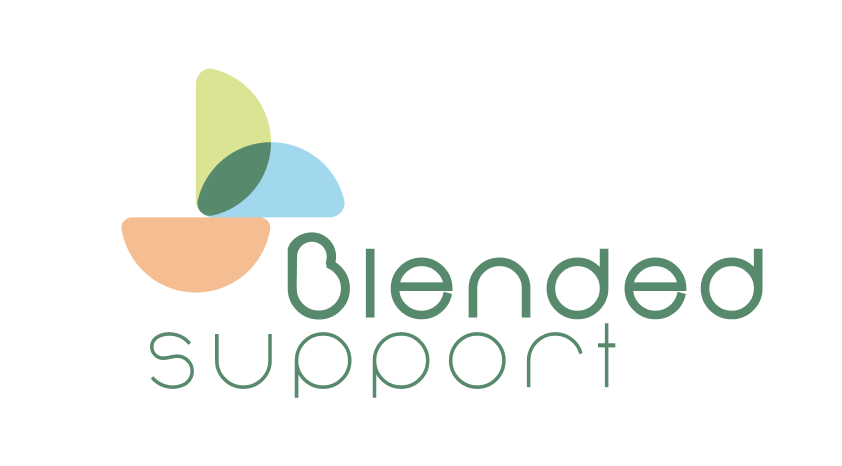Heroes at the Limit: The Invisible Strains in Emergency Medical Services
September 1, 2023

It’s a sunny day in autumn. The leaves are changing colors, and a pleasant breeze sweeps through the streets. Suddenly, an emergency call shatters the idyllic atmosphere. The paramedics Lisa and Mark rush to their ambulance and head to a severe car accident. Upon arrival, they see the wrecked car and the injured occupants. With professionalism and composure, they save lives. They are heroes in emergencies, always ready to help others in greatest need. But behind this heroic facade lies a reality that is often overlooked – the invisible strains in emergency medical services.
The often overlooked challenges in rescue services
Emergency medical services are an indispensable pillar of the healthcare system, and rescue workers are true everyday heroes. They risk their own lives to save others. However, this work also comes with strains that extend far beyond the physical demands.
- Emotional Strain: Rescue workers regularly face traumatic events. They witness accidents, injuries, and sudden deaths up close. These emotional strains can lead to post-traumatic stress disorder and exact a high toll on the rescuers.
- Physical Strain: Emergency medical services require physical strength and endurance. Rescue workers often need to carry heavy equipment under time constraints and move patients in challenging situations. The physical strain can result in injuries and lasting physical discomfort.
- Time Pressure: In emergency medical services, every second counts. Responders must react quickly, perform life-saving measures, and transport patients to the hospital as soon as possible. Constant time pressure can lead to stress and tension as every decision can mean life or death.
- Responsibility: Rescue workers bear immense responsibility for the lives and well-being of patients. They must make rapid decisions and remain calm in critical situations. The weight of this responsibility can lead to enormous pressure.
- Shift Work: Emergency medical services operate around the clock, seven days a week. Rescue workers work in shifts, including night shifts and weekends. Irregular working hours and sleep deprivation can lead to sleep disorders, exhaustion, and disrupted personal lives.
- Dealing with Aggression: Rescue workers often encounter aggressive or violent patients or family members. They must respond to such situations with calm and composure, controlling their own emotions. Dealing with aggression can lead to psychological stress and strain.
- Lack of Control over Outcome: Despite their efforts, rescue workers have no control over the final outcome of an emergency situation. It can be frustrating and burdensome when, despite all efforts, a patient cannot be saved.
Conclusion
Working in emergency medical services is a balancing act between heroism and strains. The invisible strains can, over time, affect the physical and mental health of rescue workers. It is essential to recognize these strains and ensure that rescue workers receive adequate support.
Note
Blended Support is currently developing an innovative app to support emergency medical personnel. The app provides resources for stress management, and helps to build a strong support network and other resilient factors. To stay informed about the latest developments and the launch of the app, please feel free to contact us.
